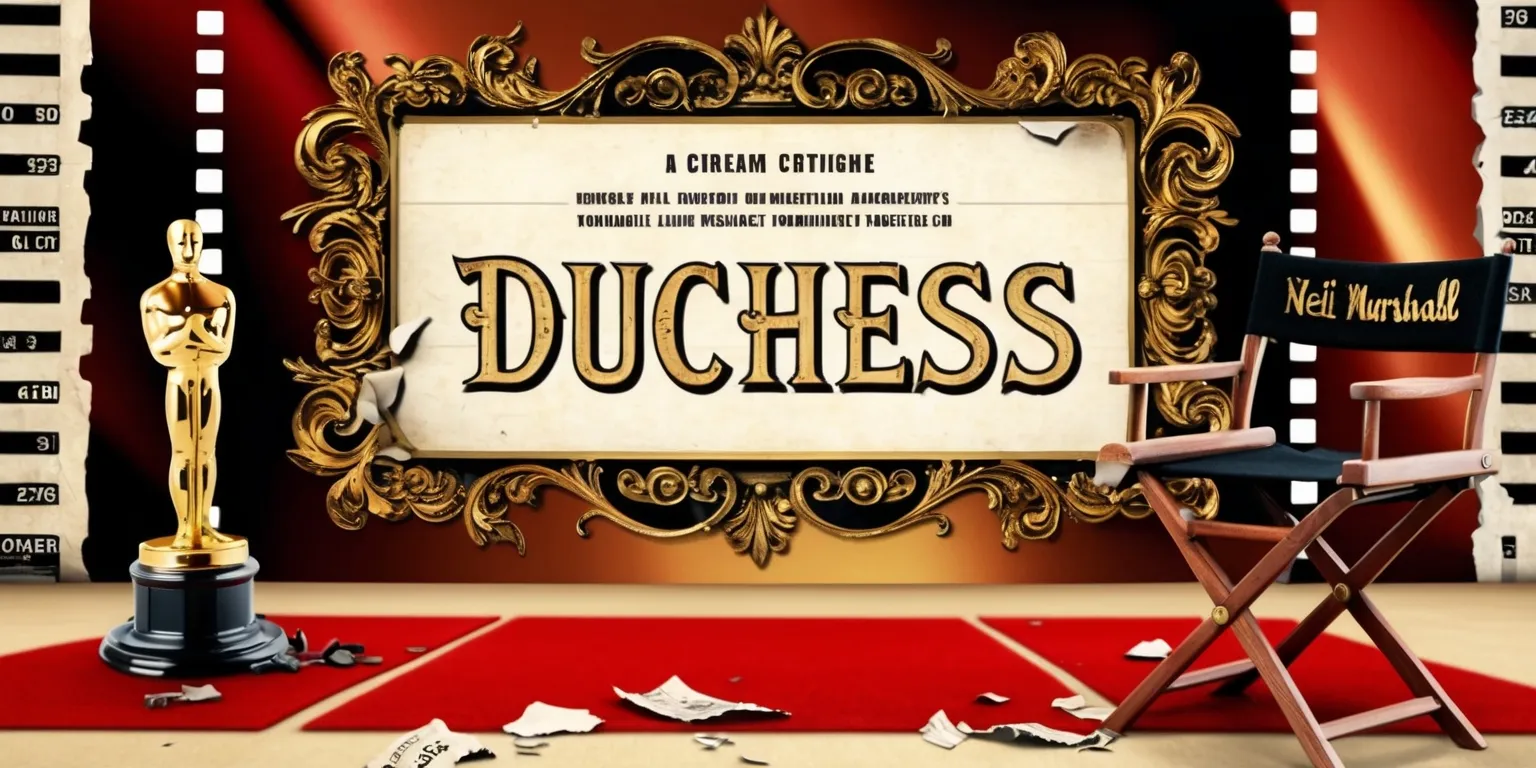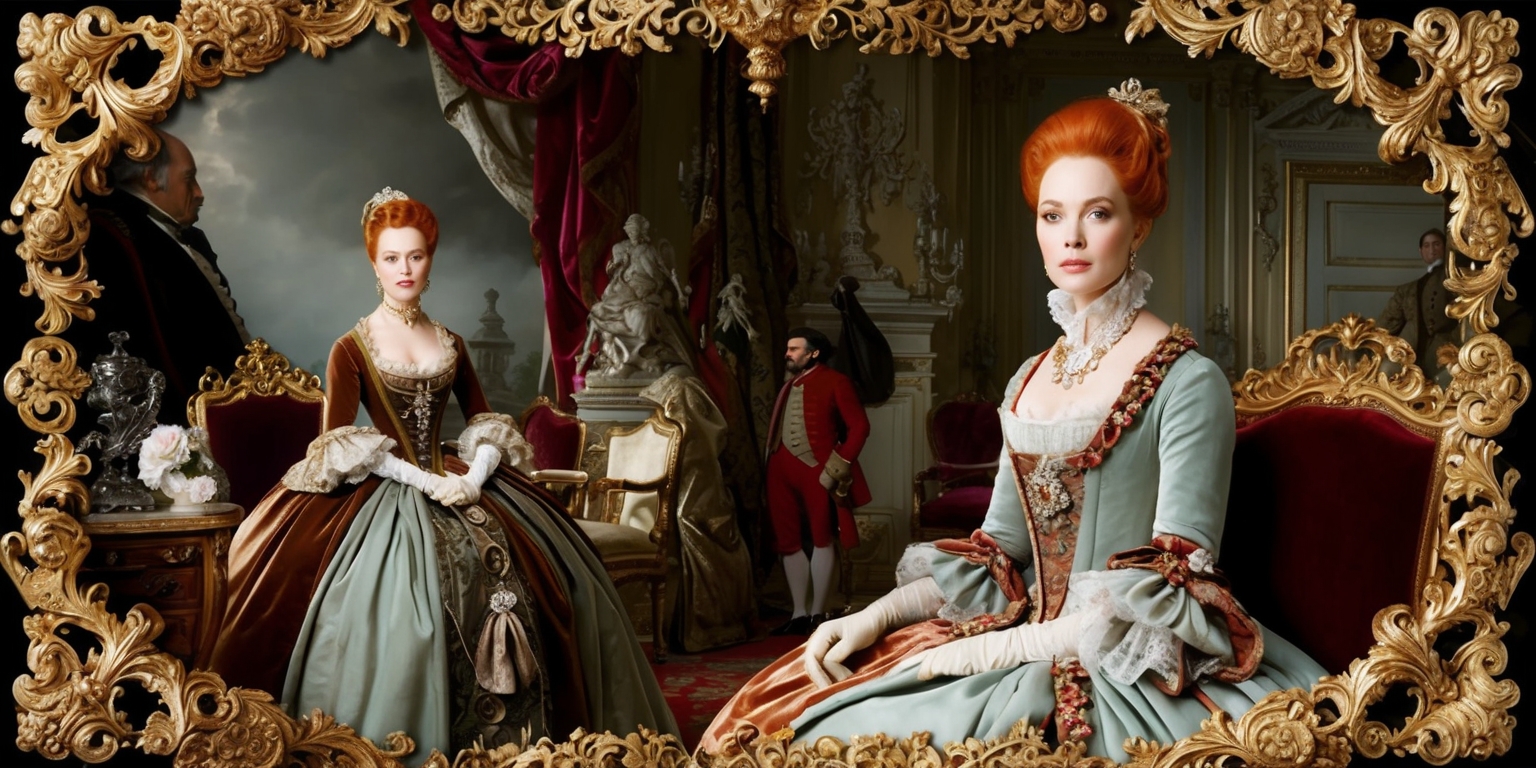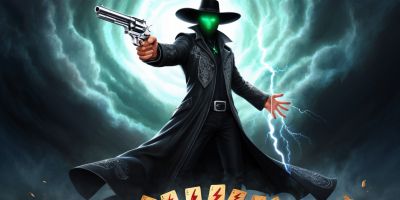The Fall of Neil Marshall: Analyzing the Predictable Missteps of Duchess

In the continuously changing realm of film narrative, the trajectory of a filmmaker’s career often reveals the peaks and valleys of their creative prowess. Neil Marshall, once celebrated for his significant impact on the horror genre through films like Dog Soldiers and The Descent, now finds himself grappling with a string of disappointing releases. His latest venture, Duchess, has amplified concerns regarding his artistic direction and effectiveness, offering little to redeem his current standing in the industry. With a storyline that seemingly lacks inspiration and a cast devoid of magnetic performances, Duchess becomes another entry in the long list of forgettable action films.
Duchess Unveiled: Plot Overview
At the heart of Duchess lies a convoluted tale of revenge birthed from the depths of the criminal underworld. The film features a protagonist who is ensnared in the perilous world of diamond smuggling, struggling to find a sense of agency amid chaotic circumstances. Despite an intriguing premise, the execution falls short, leading audiences down a predictable path devoid of tension or excitement.
Behind the Curtain: The Creative Duo
Marshall co-wrote the script alongside his leading lady, Charlotte Kirk. Their collaboration raises eyebrows, as their off-screen relationship reflects only poorly on the film’s qualities. The creative partnership, reminiscent of other polarizing duos in the industry, lacks the essential spark required to captivate viewers and instead feels like a half-hearted attempt to replicate past successes.
Runtime Regret: An Endless Journey
One of the most egregious aspects of Duchess is its unforgiving runtime of nearly two hours. During this prolonged period of cinematic stagnancy, the audience is subjected to tedium rather than tension. By the time the story is poised to escalate, viewers have starved for engagement and interest.
The Central Conflict: Underwhelming Stakes

As the key conflict unfolds, the lack of emotional resonance becomes painfully evident. The film attempts to establish a romance between Kirk’s character and Philip Winchester, whose modelesque charm stands in stark contrast to the gritty framework of the narrative. Unfortunately, this romantic arc feels forced and fails to pull viewers into the emotional core of the story.
Character Development: A Missed Opportunity
Kirk’s portrayal of the lead character is particularly lackluster, serving as a reminder that strong performances are crucial, even in the action genre. Instead of bringing her character to life, Kirk’s performance remains cold and unengaging, lacking the necessary charisma to make her character’s journey worthwhile.
Action Sequences: A Series of Disappointments
Marshall’s penchant for thrilling action pales in comparison to his earlier works. Instead of the exhilarating sequences one might anticipate, Duchess presents a string of lackluster firefights and hand-to-hand combat, failing to create the pulse-pounding excitement that the genre demands.
The Aesthetic: A Fragile Foundation
The film appears to rely heavily on picturesque visuals to compensate for its narrative shortcomings. Yet, with sweeping landscapes and captivating backdrops, even the most beautiful scenery can't mask the deficiencies present in the plot and character dynamics.
Supporting Cast: A Missed Ensemble
Supporting characters play a crucial role in elevating any film, but Duchess suffers from an underwhelming cast. A lack of intriguing side characters leaves viewers yearning for comedic relief or a dynamic villain. The relationships within the film fail to establish the necessary depth to resonate or engage the audience.
The Villain's Pitfall: A Boring Antagonist
Every hero needs a formidable foe, but the villain in Duchess does little to inspire fear or investment. The generic antagonist fails to create memorable confrontations and ultimately diminishes any sense of heightened stakes throughout the film.
Stylistic Flourish: Missing in Action
Audiences may have hoped for a stylistic edge reminiscent of Marshall’s earlier masterpieces, but any glimmer of innovation is conspicuously absent in Duchess. The film’s pacing and cinematography reflect a missed opportunity to explore the narrative’s potential through visually striking storytelling.
Clichés and Tropes: Predictable Formulas
Duchess leans heavily into familiar tropes, relying on well-trodden narratives without offering a fresh take or unique spins. Such predictable storytelling renders the film painfully formulaic, stripping it of intrigue and originality.
B-Movie Aspirations: A Distant Dream
Initially, viewers might have approached Duchess expecting the thrill of a low-budget action film ripe for entertainment. However, with its lackluster execution, the film fails even in that regard, unable to deliver the basic expectations of the genre.
Marshall's Diminishing Returns: A Field of Lost Potential
With every passing project, the disparity between Marshall’s earlier triumphs and his recent work grows stark. This is a filmmaker who, at one time, commanded respect and admiration for his creativity and vision. The question now remains: can he recapture that spark, or has he permanently veered off course?
Conclusion: A Call to Action
In evaluating Duchess, it becomes glaringly evident that the journey of a filmmaker can sometimes lead to disheartening destinations. For cinematic enthusiasts seeking engaging narratives and electrifying action, this film falls woefully short. While there remains hope for Neil Marshall's resurgence, Duchess is a vivid indication of the hurdles associated with maintaining consistency in an ever-competitive industry. The film, set to strike theaters and digital platforms on August 9, leaves us contemplating the question of whether it’s worth the watch.












